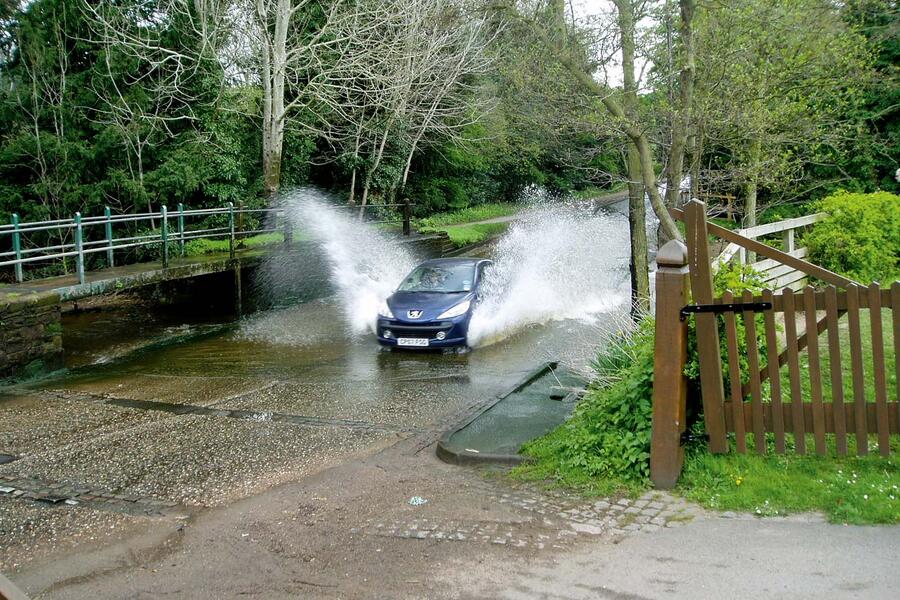Why cars aren’t just “for the elite”
![]() 4 mins read16 December 2023
4 mins read16 December 2023
Lights are twinkling in windows, Jona Lewie is on the radio and my notebook still has a load of column ideas in it that I haven't yet managed to write about this year. Some of those I'd like to get ticked off before 2024. Such as: "What's the point of a car with a long range?" That's what I was asked after I wrote about my Alpina D3 S Touring[1] and how I could get 628 miles out of its diesel tank.
"But surely you'd have to stop at some point during that distance anyway, wouldn't you?" Of course. But there's something about the choice of stopping when you want to, rather than when you have to, that makes a long road trip roll by more pleasantly. A healthy range in a car is a factor that works for me and several other high-mile drivers I know, even for the weekly commute.
It's all about time management, I suppose. Time is one of the reasons why people would drive along a Nottinghamshire road with a river crossing in it called Rufford ford. It's longer to go around, so they would drive through, sometimes to comical effect.
 Videos of people attempting to ford the river and flooding their vehicles have become an internet staple. One famous clip shows a motorbike rider approaching the ford at speed and, to be fair, making it out the other side - just without his motorbike.
Videos of people attempting to ford the river and flooding their vehicles have become an internet staple. One famous clip shows a motorbike rider approaching the ford at speed and, to be fair, making it out the other side - just without his motorbike.
Anyway, because of people like him and crowds with camera phones, we can't have nice things, so, presumably to the relief of the locals, the crossing has been barriered off. I wanted to write a longer column about a politician who earlier this year said that cars were "for the elite". The trouble is, I was travelling when I heard it and noted it and now can't find the quote.
But by gum it makes me cross, the sort of nonsense talked by people who apparently have never left London to know what life is like elsewhere. I have some low-paid workers in my family, and do you know what unites them? They all have access to a car.
Because the alternative is that they wouldn't be able to go to work. Item ticked off, then, but it's not very festive. I think I'll revisit this another time.
I have thoughts on lane closures, when two lanes go to one. Even though signs today say "use both lanes when queuing", it still causes angst: there are those who think they can delay the onset of a queue by merging early, then get irritated by those they see as pushing in, resulting in argy-bargy that surely ultimately adds to a delay. The signs should be clearer: repeated ones that say "don't merge yet" on approach, followed by "merge in turn now" (or "zip merge now" or just "merge now") when the time is right.
Moving on. Evidently I was taken earlier this year by an engineer saying they were a "fan of straight-six engines". Me too.
Perhaps more than any other layout. I suppose this is the kind of fact that will gradually get forgotten by all but the most niche of old-school enthusiasts as time goes by, but the straight six has not just a perfect primary balance of all its reciprocating masses (which is not atypical and occurs at engine speed) but also a perfect secondary balance - vibrations at double engine speed. I used to be able to work out why this was.
Perhaps, in 2024, I'll do so again. That kind of techy deep dive, a reader has suggested, we should do more with electric cars too. Noted.
I'll do more of that in 2024 as well. Finally, then, all that remains on my to-write list for 2023 is to thank you for reading, watching and listening to us at Autocar, however you do so. It means more to us than you know.
Have a great Christmas and New Year and see you in 2024.